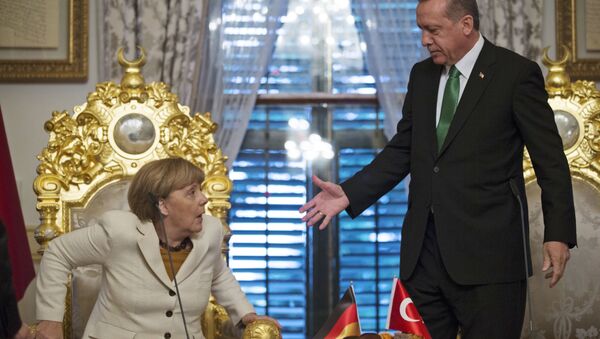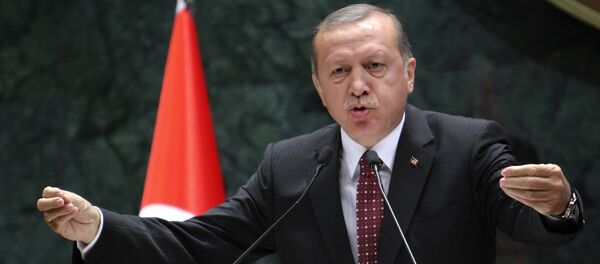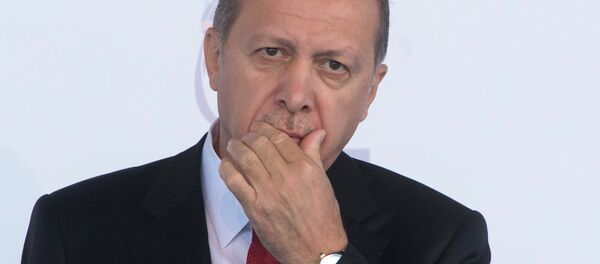Radio Sputnik’s Loud & Clear spoke with journalist William Whiteman about Berlin’s motivation for the vote and its potential to derail the refugee deal between Turkey and the European Union.
"You have to take into consideration the weight of the Holocaust on the German psyche," Whiteman said. "Any kind of genocide or injustice, generally they will have a huge amount of sympathy towards it." He suggested that German Chancellor Angela Merkel has stepped lightly so as to not upset a recently brokered EU-Turkey migrant exchange deal.
"Merkel seems to have been doing some logistical maneuvering to try and avoid the vote happening, because this an incredibly sensitive issue for Turkey, they have always acted incredibly violently, in terms of their rhetoric, to anyone who moves to recognize the Armenian genocide. So, it has been a huge problem for the Merkel Administration."
Host Brian Becker commented that "the Merkel Administration positioned itself in the beginning as being welcoming and sympathetic, but since then there’s been a right-wing opposition against the influx of refugees into Germany," and asked Whiteman about the terms of Turkey’s migrant deal with the EU.
"Human Rights Organizations have been outraged by it," Whiteman said, adding, "The whole principle behind it is that Syrian, Iraqi and Afghan refugees, people who are fleeing conflicts, who have managed to reach Turkey, are now being traded with people who are fleeing North Africa and the Middle East from countries where there aren’t conflicts raging. There’s been a report saying that very few refugees have actually changed hands. Essentially, this is just [an obstacle to] the flow of refugees and migrants who are attempting to cross into Europe."
Whiteman suggested that the initial positive response in Germany to refugees has been countered by right-wing media stoking racism by painting the influx as part of an "Islamization"of Europe. Adding to this pressure, the Balkan states have closed their borders to refugees.
Becker remarked that Turkey’s Erdogan is facing political isolation after stripping parliament members of immunity, forcing out former Prime Minister Ahmet Davutoglu and suppressing journalists and anyone else who opposes him. He asked Whiteman whether Erdogan’s action will create anti-German sentiments in Turkey.
Nationalism in Turkey goes beyond Erdogan, and even the 1915 Genocide, Whiteman responded. "It goes right back to the disintegration of the Ottoman Empire," he said.
"Even though Kemal Ataturk, the person who set up the modern Turkish Republic, was very much opposed to the Ottomans, he detested them, he had this slogan of ‘one nation, one people’ and this lead to the oppression of Kurds and others within Turkey. Languages were suppressed, everyone was supposed to speak Turkish. So the formation of the modern Turkish state is a nationalist creation essentially. So this has everything to do with nationalism and nationalist pride. Erdogan is trying to outdo Ataturk."





